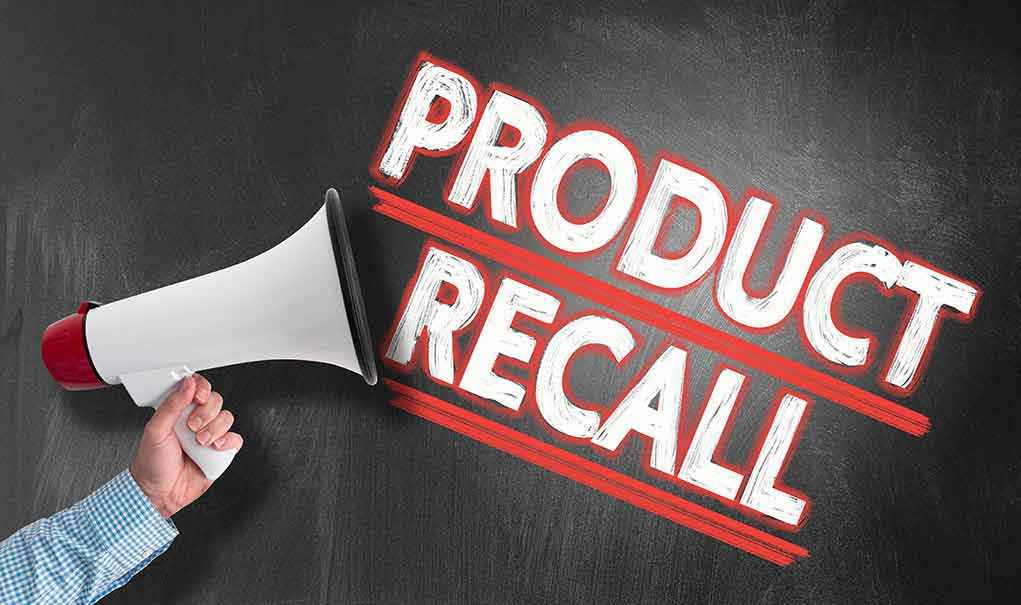
Millions trusted a bottle of Topo Chico for refreshment—now, after a massive recall, Americans are asking why Coca-Cola let dangerous bacteria threaten their families’ health in the first place.
At a Glance
- Coca-Cola issued a major recall of Topo Chico Mineral Water over potential contamination with Pseudomonas bacteria.
- The recall affected 18-packs of 16.9-ounce glass bottles sold in Texas, Louisiana, and three other states between May 20 and May 29, 2025.
- No illnesses have been reported, but all suspected products have been removed from store shelves.
- The FDA classified the recall as Class II, indicating a risk of temporary or medically reversible health effects.
Coca-Cola Yanks Topo Chico Off Shelves After Bacterial Contamination Fears
Nothing says “trust us, we’re the experts” like a beverage giant with a century-old reputation yanking its supposedly premium mineral water off shelves because of bacteria that can make you sick. Coca-Cola, which took over the iconic Topo Chico brand in 2017, found itself scrambling in late May when Costco issued a recall notice for certain 18-packs of Topo Chico Mineral Water. The reason: possible contamination with Pseudomonas bacteria—a bug you definitely don’t want mingling with your lunch.
The recall, issued for lot number 13A2541, affected products sold at about 40 retail locations across Texas, Louisiana, Arizona, New Mexico, and Nevada. As if shelf space wasn’t already precious enough, Coca-Cola had to sweep its own sparkling water off the market for fear that it might harm the very customers it’s been courting with promises of purity and refreshment.
How Did This Happen—and Who’s Watching the Watchmen?
Pseudomonas—especially Pseudomonas aeruginosa—isn’t some harmless little germ. It’s found in water and soil and can lead to infections, particularly in people with compromised immune systems. Healthy adults might get away with minor symptoms, but anyone who’s been paying attention knows that product safety is supposed to be non-negotiable. The FDA, which is supposed to be the last line of defense between Americans and contaminated food or drink, classified this as a Class II recall—meaning the risk of serious consequences is “remote” but not impossible. If that sounds like bureaucratic speak for “don’t panic, but maybe panic,” you’re not alone.
Coca-Cola rushed out statements assuring the public that all impacted product had been removed from store shelves and that no illnesses had been reported. But for many, the damage to trust was already done. Americans are left wondering: how does a company with Coca-Cola’s resources and technology let a contaminated batch slip through the cracks? And why does it always seem like these “voluntary recalls” only happen after products have already sat in people’s homes for days, if not weeks?
The Real Cost of a “Voluntary” Recall: Who Pays the Price?
While Coca-Cola and the FDA want the public to believe this is a minor hiccup, the reality hits Main Street harder. Retailers like Costco and Sam’s Club had to scramble to notify customers, pull products, and manage returns—costs that get passed down to you, the consumer. Meanwhile, families in Texas, Louisiana, and neighboring states had to sift through their pantries, wondering if their “safe” bottled water was suddenly a health hazard. All this, from a company that spends billions on marketing its commitment to quality.
No illnesses have been reported yet, but the story doesn’t end there. The episode reignites questions about corporate accountability and the effectiveness of government oversight. Bottled water isn’t a luxury for many Americans—it’s a necessity, especially in states where tap water quality can be questionable. When even the most trusted brands can’t guarantee safety, what hope is there for everyone else?
Bigger Than Topo Chico: What This Recall Says About Corporate America
This isn’t the first time a food or beverage giant has been caught asleep at the wheel, and it certainly won’t be the last. The beverage industry has seen its share of recalls for microbial contamination, with the FDA swooping in after the fact to classify and monitor. But time and again, it’s the American consumer who gets left holding the bag—paying more for “premium” products, trusting big brands, and getting exposed to risks that should have been caught long before the checkout line.
Some industry experts shrug off the risk, saying Pseudomonas contamination is “low” for healthy people. But tell that to parents of young children, seniors, or anyone with a health condition. Others call for stricter testing and more frequent inspections. And why shouldn’t they? If Coca-Cola can’t keep its bottled water clean, what else is slipping through the cracks in the name of “efficiency” and “cost savings”?
Sources:
Fox Business: Coca-Cola recalls Topo Chico Mineral Water over bacteria concerns
New Food Magazine: Coca-Cola recall Topo Chico over contamination concerns at Costco
AOL: Popular water recalled over bacterial concerns

